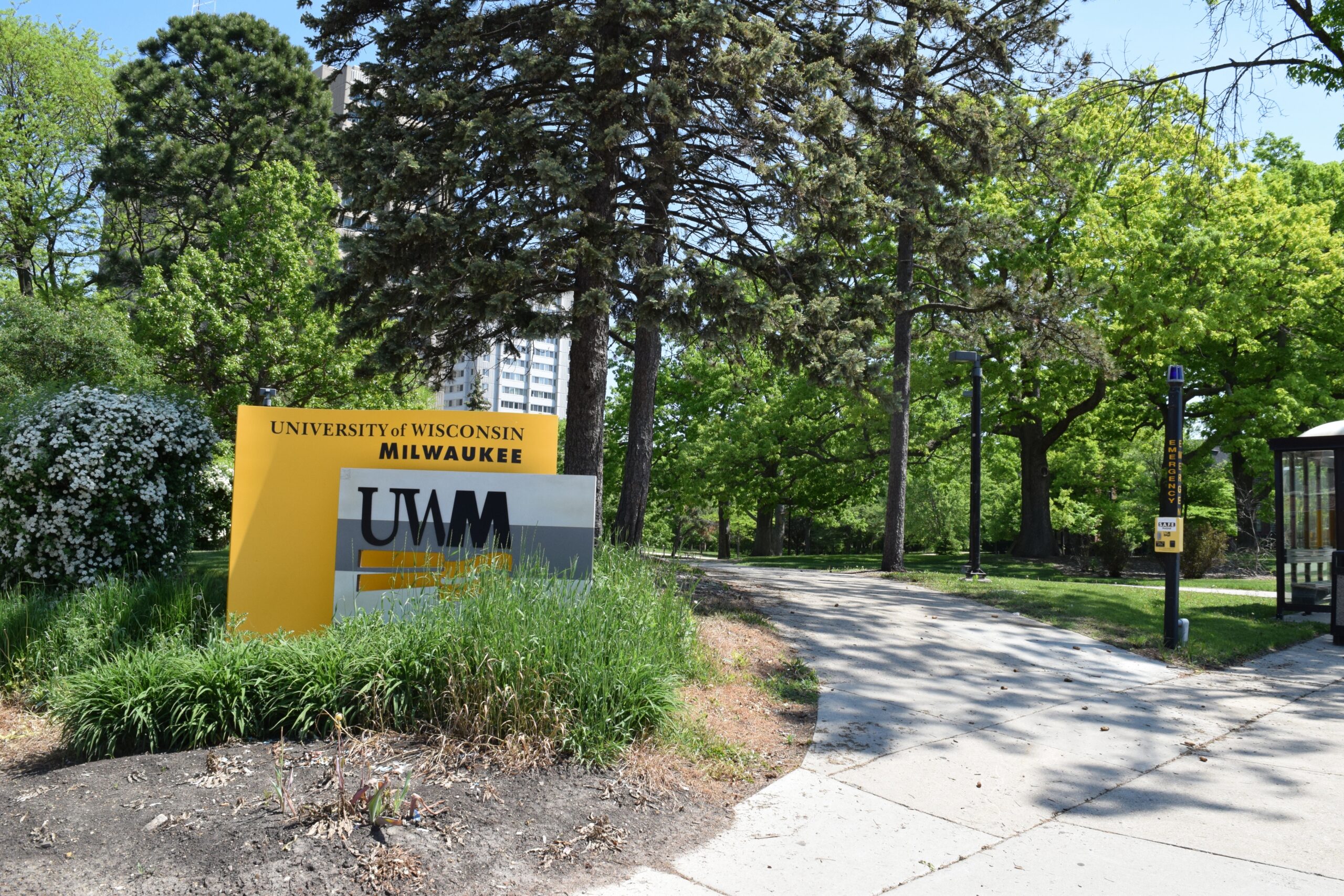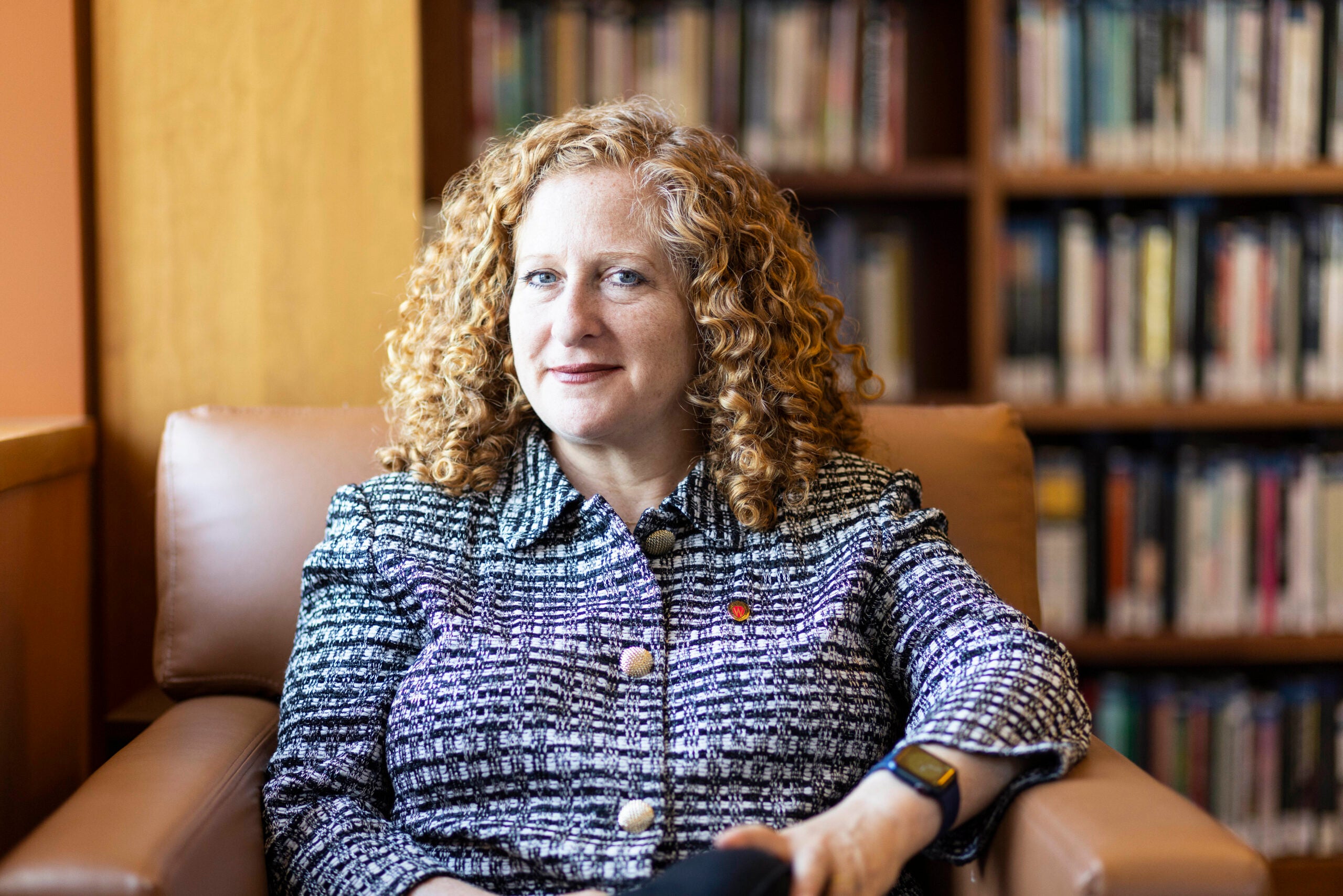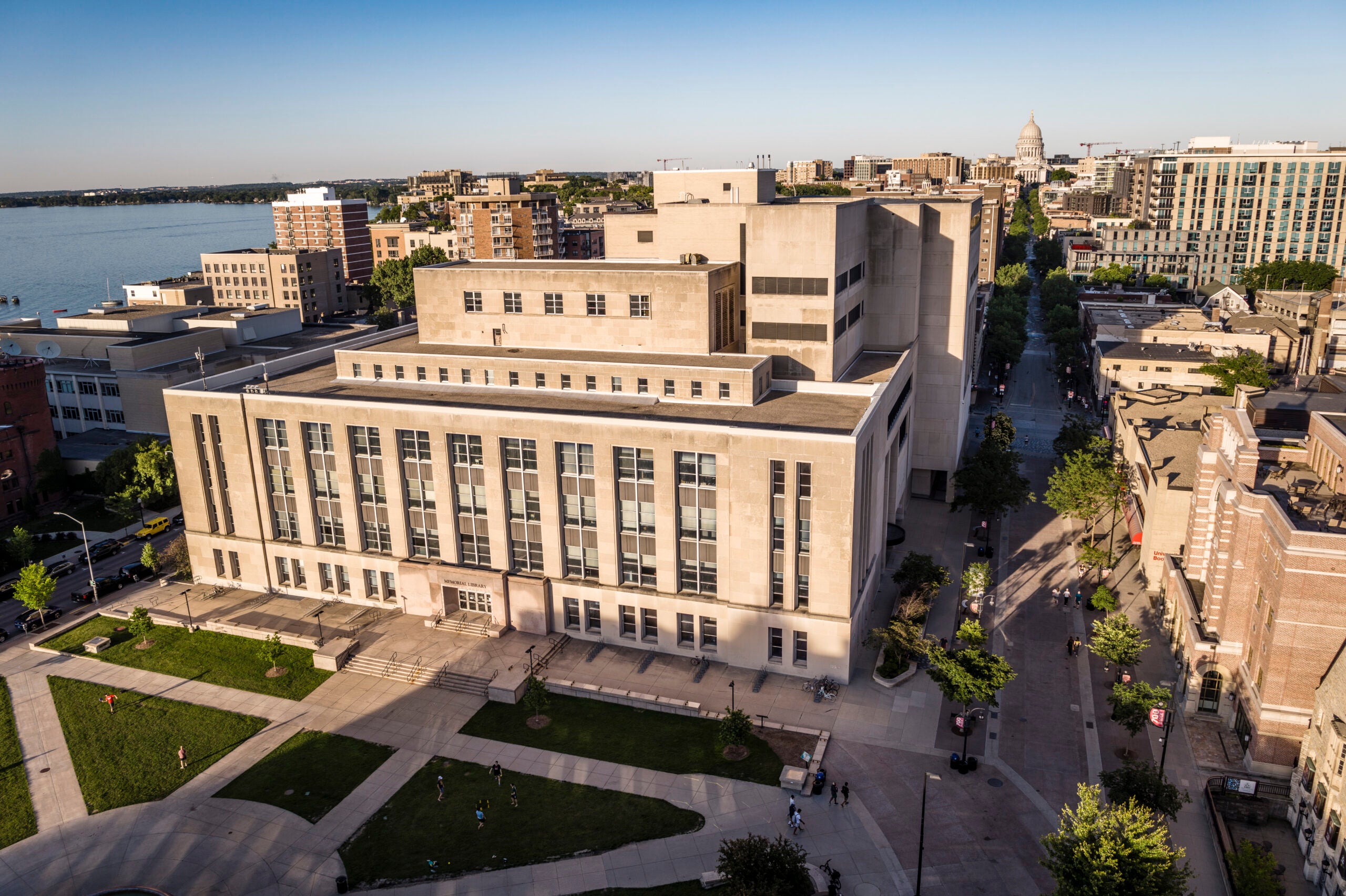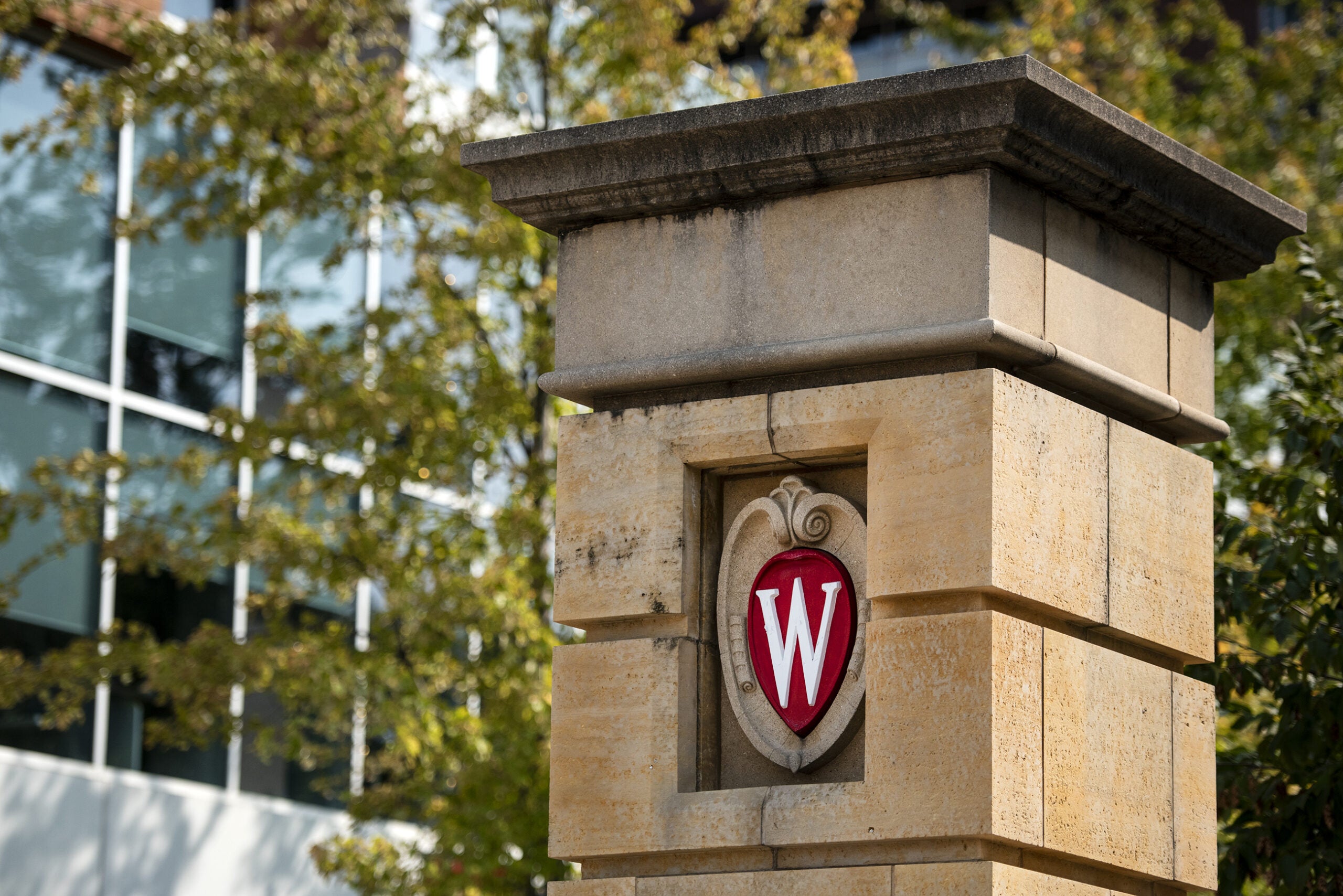The leader of the University of Wisconsin-Milwaukee’s faculty senate told WPR’s “Wisconsin Today” that the chancellor’s plan to lay off 32 tenured faculty members was financially necessary.
But other faculty see it differently. The head of the Wisconsin chapter of an academic professional nonprofit said UW-Milwaukee and UW system leadership should have done more to avoid layoffs.
In late August, the UW Board of Regents voted to completely close UW-Milwaukee’s College of General Studies, laying off 32 tenured faculty members, while 60 nontenured employees had already been given layoff notices.
News with a little more humanity
WPR’s “Wisconsin Today” newsletter keeps you connected to the state you love without feeling overwhelmed. No paywall. No agenda. No corporate filter.
Kathleen Dolan, a distinguished professor of political science and leader of UW-Milwaukee’s faculty senate, said she is not happy that faculty members will lose their jobs. But she explained what was behind her recent mostly symbolic faculty senate vote in favor of Chancellor Mark Mone’s plan to lay off 32 tenured employees.
“I think if the Political Science Department saw a 65 percent decline in its enrollments over a 10 or 15 year period, people would rightly ask … ‘Do you need all 16 of your faculty?’” Dolan said. “I don’t love that idea and I don’t love that argument, but we are no different as faculty in some ways than any other set of employees.
“We live in a capitalist society where, when there is not demand for certain work, businesses lay people off,” she continued. “And this is the first time that has happened to faculty. But quite honestly, while I understand all of the importance of tenure, I’m not sure that faculty are different or special or better than people in other categories of employment.”
In the non-binding measure, UW-Milwaukee’s faculty senate voted 24-11 on Aug. 7 to reject the chancellor’s plan. Dolan was one of the 11 voting in favor.
Universities of Wisconsin President Jay Rothman joined “Wisconsin Today” last week and defended the layoffs decision, saying it was a necessary measure to address declining enrollment and lagging state aid.
In 2015, Republican Gov. Scott Walker signed a budget that removed tenure protections for public university professors. The policy had only been used to lay off one professor from UW-Platteville in 2021.
Dolan said “pretty dramatic underfunding of the UW system,” as well as other policy and demographic changes contributed to the university’s current situation.
“No one wanted to get to that point,” Dolan said. “I think what faculty here feel as much as anything else … is that faculty were put in a pretty difficult position by a series of things that have occurred in our state over the last nine or 10 years.”
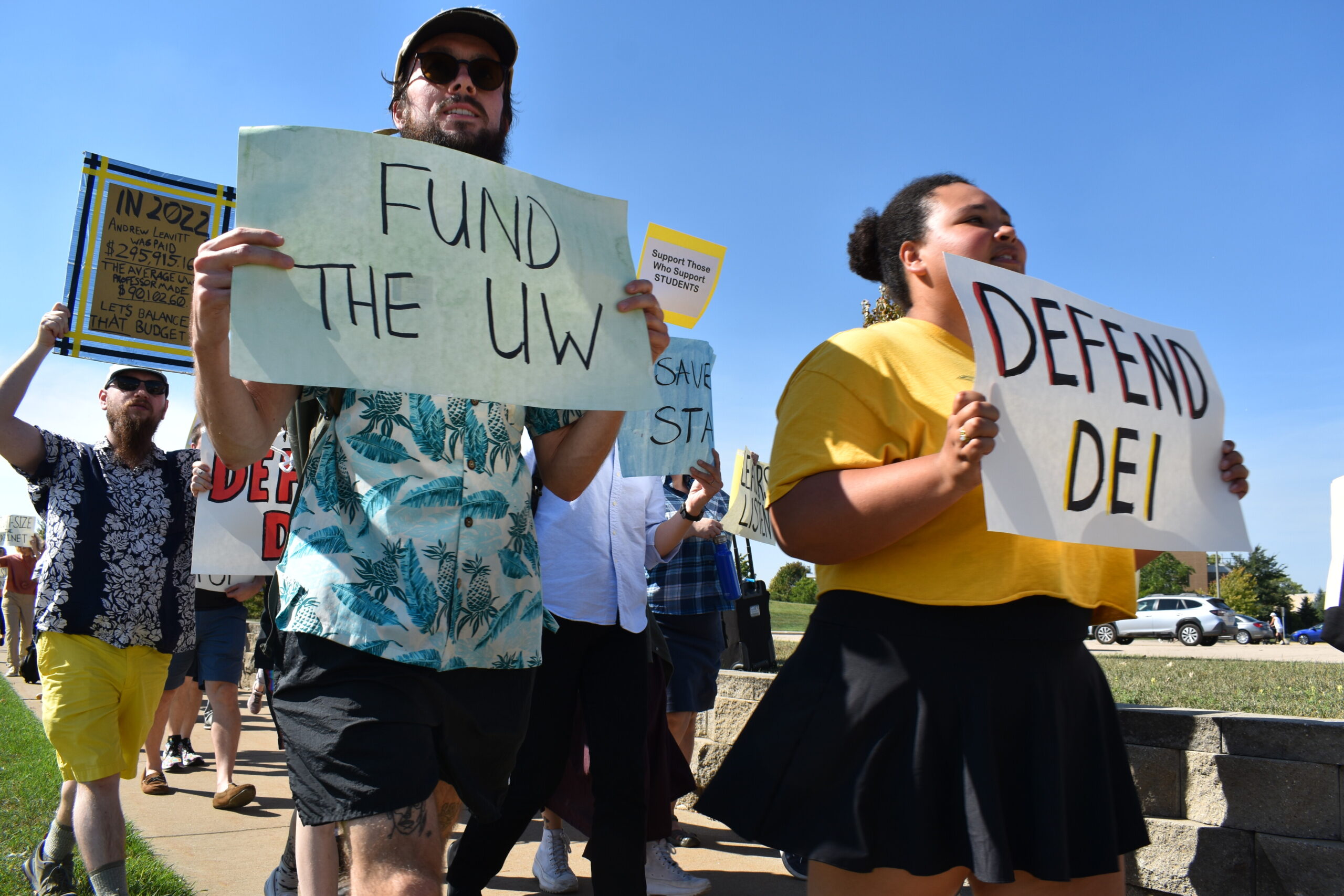
Were cuts necessary? Some disagree, as worries about precedent linger
Nicholas Fleisher is an associate professor at UW-Milwaukee and president of the Wisconsin chapter of the American Association of University Professors. He has pushed back against the plan, saying more could have been done before resorting to layoffs.
“The university is required by state law to explore, to the best of their abilities, finding opportunities for laid-off faculty,” Fleisher explained. “And so the concern is that the university has kind of not fulfilled its duty on that score.”
Both Dolan and Fleisher worry that UW-Milwaukee’s planned layoffs could be the start of a trend in Wisconsin.
“Do I worry that this will happen again? Yes, of course I do,” Dolan said.
Fleisher explained that layoffs like this have happened in other places around the country, citing a closure at West Virginia University that cut 32 academic programs and 169 faculty positions. But he argues that the reason to avoid these layoffs goes back to the principle of the Wisconsin Idea.
“We hear from legislators, sometimes we even hear it from members of the Board of Regents, that there’s concern about program duplication,” Fleisher said. “So, do we need to have a political science program in Eau Claire and also in Green Bay? Or can campuses specialize?”
“It makes sense from a business efficiency standpoint. It does not make sense from an educational standpoint, because the point of the public higher education system is to bring those things to people where they are,” Fleisher continued. “That has been the historical strength of the UW system. And that is what we are very concerningly retreating from right now under our current legislative leadership and board leadership in the system.”
What comes next? University members offer some ideas
With the UW Board of Regents approving the closure of the College of General Studies, Fleisher said that institutional channels have “run their course” in attempting to prevent layoffs at UW-Milwaukee. He said there might be options for affected faculty through other channels, however.
That includes an appeal through the American Association of University Professors, which he said can open an academic freedom and tenure investigation.
“There may be some legal remedies that affected faculty may pursue as well, on the basis of reappointment rights that exist for them in state law,” he added.
Dolan said the UW system could take several approaches to fixing UW campus financial problems. One option is to improve its relationship with the state Legislature.
“We have shifted in the last 10 or 15 years from a state that deeply valued the UW system and its campuses to a state where many of our leaders try to disavow us on a daily basis,” Dolan said. “I think that if our political and social and cultural climates in the state could change so that people would be more open to understanding the value that UW campuses bring and not reflexively falling back on political arguments, I think that could help turn things around.”
Wisconsin Public Radio, © Copyright 2026, Board of Regents of the University of Wisconsin System and Wisconsin Educational Communications Board.

